02.11.2022
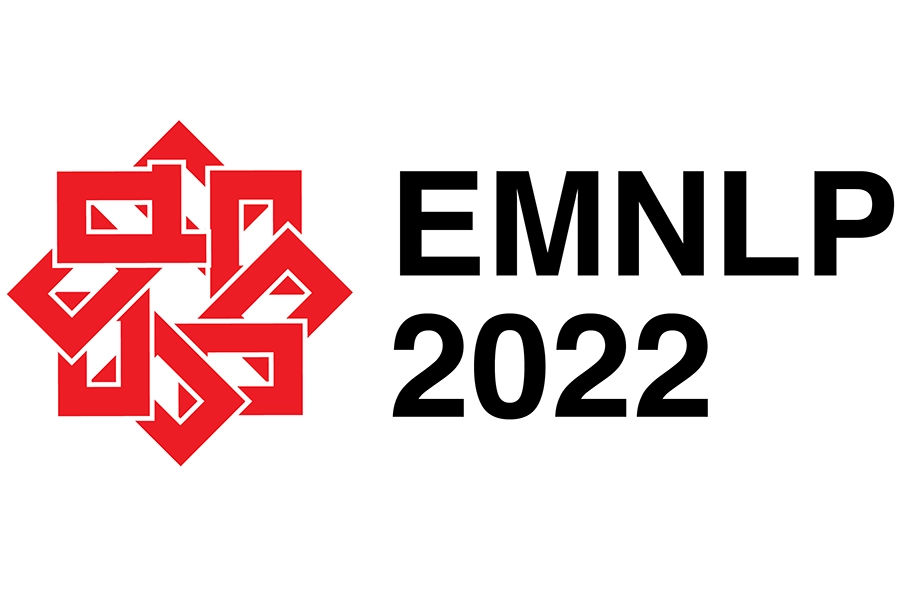
MCML researchers with eleven papers at EMNLP 2022
Conference on Empirical Methods in Natural Language Processing (EMNLP 2022). Abu Dhabi, United Arab Emirates, 07.11.2022–11.11.2022
We are happy to announce that MCML researchers are represented with eleven papers at EMNLP 2022:
Stop Measuring Calibration When Humans Disagree.
Conference on Empirical Methods in Natural Language Processing (EMNLP 2022). Abu Dhabi, United Arab Emirates, Nov 07-11, 2022. DOI.
Abstract
Calibration is a popular framework to evaluate whether a classifier knows when it does not know - i.e., its predictive probabilities are a good indication of how likely a prediction is to be correct. Correctness is commonly estimated against the human majority class. Recently, calibration to human majority has been measured on tasks where humans inherently disagree about which class applies. We show that measuring calibration to human majority given inherent disagreements is theoretically problematic, demonstrate this empirically on the ChaosNLI dataset, and derive several instance-level measures of calibration that capture key statistical properties of human judgements - including class frequency, ranking and entropy.
MCML Authors
Evidence > Intuition: Transferability Estimation for Encoder Selection.
Conference on Empirical Methods in Natural Language Processing (EMNLP 2022). Abu Dhabi, United Arab Emirates, Nov 07-11, 2022. DOI.
Abstract
With the increase in availability of large pre-trained language models (LMs) in Natural Language Processing (NLP), it becomes critical to assess their fit for a specific target task a priori—as fine-tuning the entire space of available LMs is computationally prohibitive and unsustainable. However, encoder transferability estimation has received little to no attention in NLP. In this paper, we propose to generate quantitative evidence to predict which LM, out of a pool of models, will perform best on a target task without having to fine-tune all candidates. We provide a comprehensive study on LM ranking for 10 NLP tasks spanning the two fundamental problem types of classification and structured prediction. We adopt the state-of-the-art Logarithm of Maximum Evidence (LogME) measure from Computer Vision (CV) and find that it positively correlates with final LM performance in 94% of the setups.In the first study of its kind, we further compare transferability measures with the de facto standard of human practitioner ranking, finding that evidence from quantitative metrics is more robust than pure intuition and can help identify unexpected LM candidates.
MCML Authors
CrossRE: A Cross-Domain Dataset for Relation Extraction.
Findings of the Conference on Empirical Methods in Natural Language Processing (EMNLP 2022). Abu Dhabi, United Arab Emirates, Nov 07-11, 2022. DOI.
Abstract
Relation Extraction (RE) has attracted increasing attention, but current RE evaluation is limited to in-domain evaluation setups. Little is known on how well a RE system fares in challenging, but realistic out-of-distribution evaluation setups. To address this gap, we propose CrossRE, a new, freely-available cross-domain benchmark for RE, which comprises six distinct text domains and includes multi-label annotations. An additional innovation is that we release meta-data collected during annotation, to include explanations and flags of difficult instances. We provide an empirical evaluation with a state-of-the-art model for relation classification. As the meta-data enables us to shed new light on the state-of-the-art model, we provide a comprehensive analysis on the impact of difficult cases and find correlations between model and human annotations. Overall, our empirical investigation highlights the difficulty of cross-domain RE. We release our dataset, to spur more research in this direction.
MCML Authors
Improving Low-Resource Languages in Pre-Trained Multilingual Language Models.
Conference on Empirical Methods in Natural Language Processing (EMNLP 2022). Abu Dhabi, United Arab Emirates, Nov 07-11, 2022. DOI.
Abstract
Pre-trained multilingual language models are the foundation of many NLP approaches, including cross-lingual transfer solutions. However, languages with small available monolingual corpora are often not well-supported by these models leading to poor performance. We propose an unsupervised approach to improve the cross-lingual representations of low-resource languages by bootstrapping word translation pairs from monolingual corpora and using them to improve language alignment in pre-trained language models. We perform experiments on nine languages, using contextual word retrieval and zero-shot named entity recognition to measure both intrinsic cross-lingual word representation quality and downstream task performance, showing improvements on both tasks. Our results show that it is possible to improve pre-trained multilingual language models by relying only on non-parallel resources.
MCML Authors
Graph-Based Multilingual Label Propagation for Low-Resource Part-of-Speech Tagging.
Conference on Empirical Methods in Natural Language Processing (EMNLP 2022). Abu Dhabi, United Arab Emirates, Nov 07-11, 2022. DOI.
Abstract
Part-of-Speech (POS) tagging is an important component of the NLP pipeline, but many low-resource languages lack labeled data for training. An established method for training a POS tagger in such a scenario is to create a labeled training set by transferring from high-resource languages. In this paper, we propose a novel method for transferring labels from multiple high-resource source to low-resource target languages. We formalize POS tag projection as graph-based label propagation. Given translations of a sentence in multiple languages, we create a graph with words as nodes and alignment links as edges by aligning words for all language pairs. We then propagate node labels from source to target using a Graph Neural Network augmented with transformer layers. We show that our propagation creates training sets that allow us to train POS taggers for a diverse set of languages. When combined with enhanced contextualized embeddings, our method achieves a new state-of-the-art for unsupervised POS tagging of low-resource languages.
MCML Authors
m4 Adapter: Multilingual Multi-Domain Adaptation for Machine Translation with a Meta-Adapter.
Findings of the Conference on Empirical Methods in Natural Language Processing (EMNLP 2022). Abu Dhabi, United Arab Emirates, Nov 07-11, 2022. DOI.
Abstract
Multilingual neural machine translation models (MNMT) yield state-of-the-art performance when evaluated on data from a domain and language pair seen at training time. However, when a MNMT model is used to translate under domain shift or to a new language pair, performance drops dramatically. We consider a very challenging scenario: adapting the MNMT model both to a new domain and to a new language pair at the same time. In this paper, we propose m4Adapter (Multilingual Multi-Domain Adaptation for Machine Translation with a Meta-Adapter), which combines domain and language knowledge using meta-learning with adapters. We present results showing that our approach is a parameter-efficient solution which effectively adapts a model to both a new language pair and a new domain, while outperforming other adapter methods. An ablation study also shows that our approach more effectively transfers domain knowledge across different languages and language information across different domains.
MCML Authors
Spectral Probing.
Conference on Empirical Methods in Natural Language Processing (EMNLP 2022). Abu Dhabi, United Arab Emirates, Nov 07-11, 2022. DOI.
Abstract
Linguistic information is encoded at varying timescales (subwords, phrases, etc.) and communicative levels, such as syntax and semantics. Contextualized embeddings have analogously been found to capture these phenomena at distinctive layers and frequencies. Leveraging these findings, we develop a fully learnable frequency filter to identify spectral profiles for any given task. It enables vastly more granular analyses than prior handcrafted filters, and improves on efficiency. After demonstrating the informativeness of spectral probing over manual filters in a monolingual setting, we investigate its multilingual characteristics across seven diverse NLP tasks in six languages. Our analyses identify distinctive spectral profiles which quantify cross-task similarity in a linguistically intuitive manner, while remaining consistent across languages—highlighting their potential as robust, lightweight task descriptors.
MCML Authors
The 'Problem' of Human Label Variation: On Ground Truth in Data, Modeling and Evaluation.
Conference on Empirical Methods in Natural Language Processing (EMNLP 2022). Abu Dhabi, United Arab Emirates, Nov 07-11, 2022. DOI.
Abstract
Human variation in labeling is often considered noise. Annotation projects for machine learning (ML) aim at minimizing human label variation, with the assumption to maximize data quality and in turn optimize and maximize machine learning metrics. However, thisconventional practice assumes that there exists a ground truth, and neglects that there exists genuine human variation in labeling due to disagreement, subjectivity in annotation or multiple plausible answers. In this position paper, we argue that this big open problem of human label variation persists and critically needs more attention to move our field forward. This is because human label variation impacts all stages of the ML pipeline: data, modeling and evaluation. However, few works consider all of these dimensions jointly; and existing research is fragmented. We reconcile different previously proposed notions of human label variation, provide a repository of publicly-available datasets with un-aggregated labels, depict approaches proposed so far, identify gaps and suggest ways forward. As datasets are becoming increasingly available, we hope that this synthesized view on the ‘problem’ will lead to an open discussion on possible strategies to devise fundamentally new directions.
MCML Authors
Comparative Analysis of Cross-lingual Contextualized Word Embeddings.
2nd Workshop on Multi-lingual Representation Learning (MRL 2022) at the Conference on Empirical Methods in Natural Language Processing (EMNLP 2022). Abu Dhabi, United Arab Emirates, Nov 07-11, 2022. DOI.
Abstract
Contextualized word embeddings have emerged as the most important tool for performing NLP tasks in a large variety of languages. In order to improve the cross- lingual representation and transfer learning quality, contextualized embedding alignment techniques, such as mapping and model fine-tuning, are employed. Existing techniques however are time-, data- and computational resource-intensive. In this paper we analyze these techniques by utilizing three tasks: bilingual lexicon induction (BLI), word retrieval and cross-lingual natural language inference (XNLI) for a high resource (German-English) and a low resource (Bengali-English) language pair. In contrast to previous works which focus only on a few popular models, we compare five multilingual and seven monolingual language models and investigate the effect of various aspects on their performance, such as vocabulary size, number of languages used for training and number of parameters. Additionally, we propose a parameter-, data- and runtime-efficient technique which can be trained with 10% of the data, less than 10% of the time and have less than 5% of the trainable parameters compared to model fine-tuning. We show that our proposed method is competitive with resource heavy models, even outperforming them in some cases, even though it relies on less resource.
MCML Authors
Experimental Standards for Deep Learning in Natural Language Processing Research.
Findings of the Conference on Empirical Methods in Natural Language Processing (EMNLP 2022). Abu Dhabi, United Arab Emirates, Nov 07-11, 2022. DOI.
Abstract
The field of Deep Learning (DL) has undergone explosive growth during the last decade, with a substantial impact on Natural Language Processing (NLP) as well. Yet, compared to more established disciplines, a lack of common experimental standards remains an open challenge to the field at large. Starting from fundamental scientific principles, we distill ongoing discussions on experimental standards in NLP into a single, widely-applicable methodology. Following these best practices is crucial to strengthen experimental evidence, improve reproducibility and enable scientific progress. These standards are further collected in a public repository to help them transparently adapt to future needs.
MCML Authors
The better your Syntax, the better your Semantics? Probing Pretrained Language Models for the English Comparative Correlative.
Conference on Empirical Methods in Natural Language Processing (EMNLP 2022). Abu Dhabi, United Arab Emirates, Nov 07-11, 2022. DOI.
Abstract
Construction Grammar (CxG) is a paradigm from cognitive linguistics emphasising the connection between syntax and semantics. Rather than rules that operate on lexical items, it posits constructions as the central building blocks of language, i.e., linguistic units of different granularity that combine syntax and semantics. As a first step towards assessing the compatibility of CxG with the syntactic and semantic knowledge demonstrated by state-of-the-art pretrained language models (PLMs), we present an investigation of their capability to classify and understand one of the most commonly studied constructions, the English comparative correlative (CC). We conduct experiments examining the classification accuracy of a syntactic probe on the one hand and the models’ behaviour in a semantic application task on the other, with BERT, RoBERTa, and DeBERTa as the example PLMs. Our results show that all three investigated PLMs are able to recognise the structure of the CC but fail to use its meaning. While human-like performance of PLMs on many NLP tasks has been alleged, this indicates that PLMs still suffer from substantial shortcomings in central domains of linguistic knowledge.
MCML Authors
02.11.2022
Related
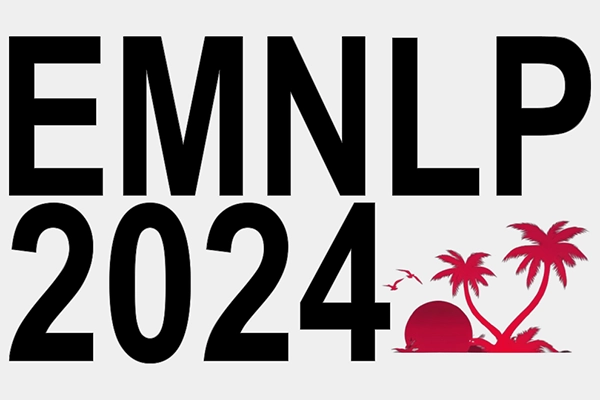
06.11.2024
MCML researchers with 20 papers at EMNLP 2024
Conference on Empirical Methods in Natural Language Processing (EMNLP 2024). Miami, FL, USA, 12.11.2024 - 16.11.2024
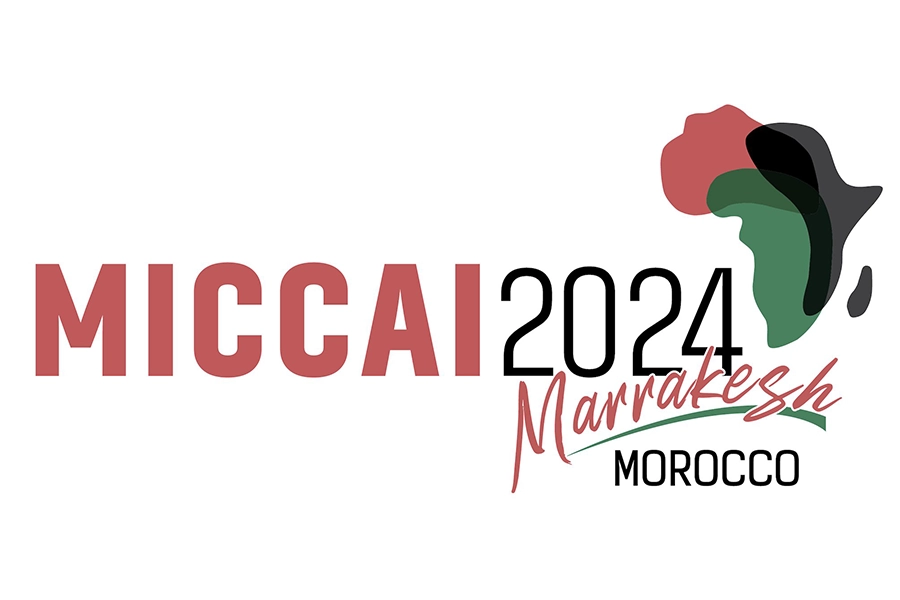
01.10.2024
MCML researchers with 16 papers at MICCAI 2024
27th International Conference on Medical Image Computing and Computer Assisted Intervention (MICCAI 2024). Marrakesh, Morocco, 06.10.2024 - 10.10.2024
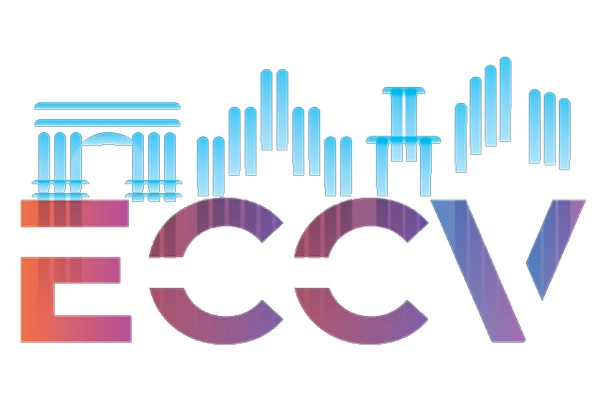
26.09.2024
MCML researchers with 18 papers at ECCV 2024
18th European Conference on Computer Vision (ECCV 2024). Milano, Italy, 29.09.2024 - 04.10.2024
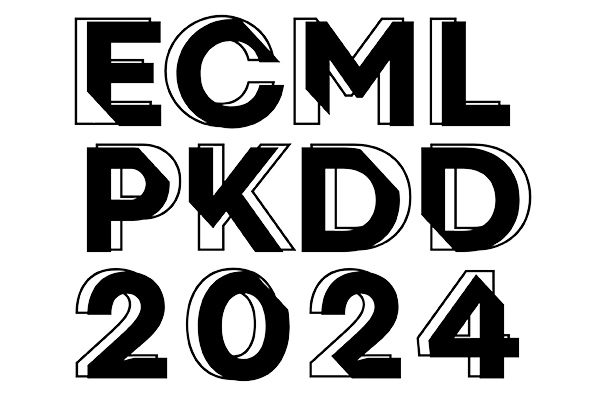
10.09.2024
MCML at ECML-PKDD 2024
We are happy to announce that MCML researchers are represented at ECML-PKDD 2024.
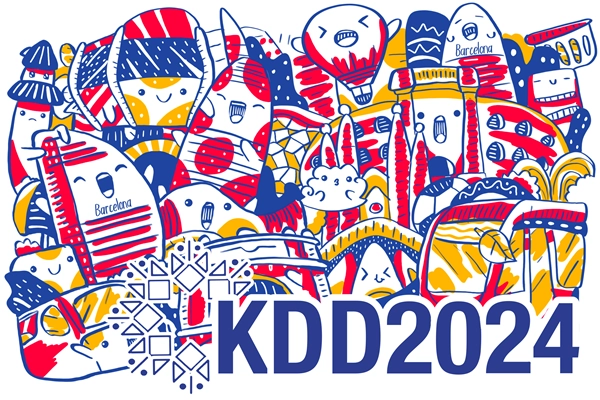
20.08.2024
MCML researchers with two papers at KDD 2024
30th ACM SIGKDD International Conference on Knowledge Discovery and Data (KDD 2024). Barcelona, Spain, 25.08.2024 - 29.08.2024






